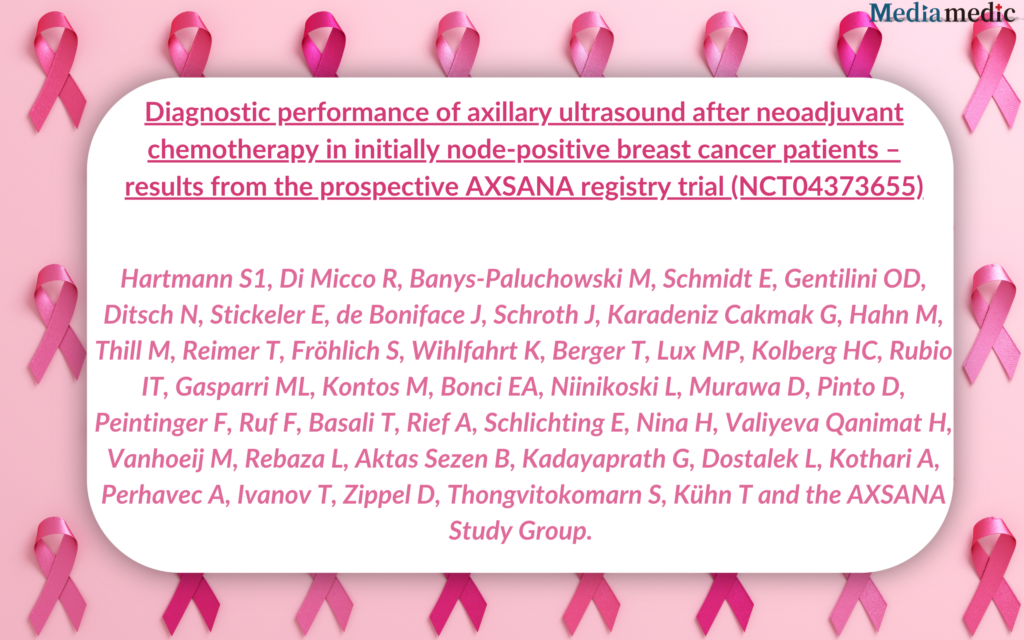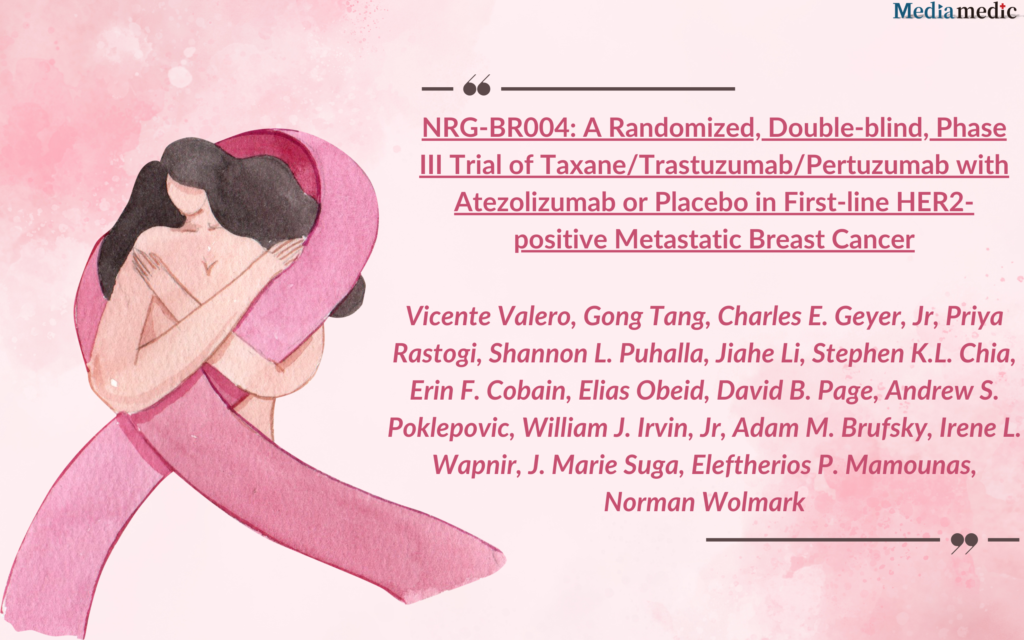Acute myeloid leukemia (AML) is a highly heterogeneous hematologic malignancy, with FLT3 mutations among the most common molecular abnormalities, significantly impacting patient prognosis. As our understanding of AML pathogenesis deepens, novel targeted therapies, including FLT3 inhibitors, have emerged, offering new hope for patients with FLT3-mutated AML. From January 17 to 19, 2025, the "CSCO Leukemia, Lymphoma, and Myeloma Expert Committee Working Meeting & 2025 CSCO Hematologic Oncology Conference" was held in Haikou, China. During the event, Hematology Frontier had the privilege of interviewing Dr. Hui Wei from the Institute of Hematology & Blood Diseases Hospital, Chinese Academy of Medical Sciences. He shared insights into the prevalence of FLT3 mutations in AML, recent advancements in targeted therapy, and future optimization strategies.










